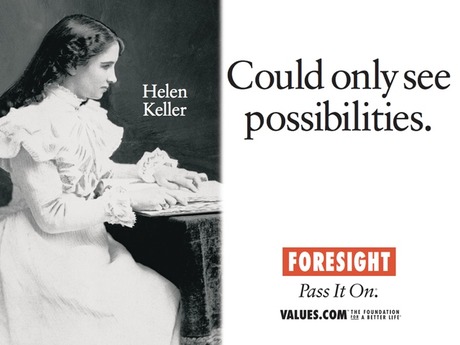This year marks my 14th year since arriving in the South. I’m a Illinois Midwest girl through and through. I know about Chili Mac. I know about Saturday afternoon meals of meatloaf and buttered egg noodles with toasted bread crumbs. I know that you don’t dare speed on any interstate in central Illinois. I know what it’s like to have a crazy snow in early April. Perhaps most importantly, I know the thrill of being gone for a long while and then returning to freshly plowed farmlands and thinking, “I can breathe again.” And then I do. Deeply.
North Carolina isn’t as south as is gets, but there definitely is a culture, landmarks, and isms I had to learn. I guess there’s a learning curve wherever you go. For me this sharp curve started with the friendly ABC Store. The name was harmless enough. And after driving past enough of these signs on my daily work commute to a research project at the University of North Carolina, all I could think was, “Wow! This state sure does have a lot of teacher supply stores.” (If you aren’t aware of the acronym ABC, feel free to Google it and learn its meaning.)
That was only the beginning. I had to learn that people “mash the button” to turn something on. Then came the realization that BBQ in the North is vastly different than BBQ in the South, and people eat it with slimy wilted leaves called Collards. (I still haven’t gone there yet.) I digress.
At this point, a true Southerner might say “Bless her heart,” which leads me to the apex of where I’m hanging my high heels for this blog.
According to the online Urban Dictionary “bless your heart” is typically used by southern people who feel sorry for another. In one blog I read the term even referred to as a “verbal stiletto”. Although it can be neutral in meaning or even show expression of true sincerity, I find it most commonly used to show pity or sarcasm. I hear it so often, I usually don’t pay too much attention; except for one time recently.
I was working with a high school student with low vision one afternoon. Our agenda for the hour was to organize English materials into a notebook. But our work came to a quick halt when there was no three-hole paper puncher to be found. Giving the student another organizing task, I scooted across the hall in search for a hole puncher. After I explained the need the lending teacher smiled, handed me the tool, and said “bless her heart” as we parted ways.
Hmmm. Bless her heart. Bless her heart because the student is so lucky to have a teacher giving aid to organization endeavors or bless her heart because the student has low vision and hasn’t learned incidentally how to assemble classroom materials in an orderly way?
I’ve learned that this phrase doesn’t have to specifically be audible with these exact words. I’ve seen it also implied when different expectations are given for an academic VI student than his peers. “Just have him do what he can,” I’ve been told.
Expectations can be a hallmark for success. We hold high expectations of our own children. In fact, I recently read an article from Time Magazine entitled, “In Praise of the Ordinary Child.” The author challenged parents to rethink how we define exceptionality of our sons and daughters. Rather than narrowing-in on over-achieving academic or sport goals, parents need to spend greater time fostering emotional intelligence and letting this criteria guide exceptionality. In this same vein of thought, I pose the question, do expectations of the visually impaired need to be redefined?
If you’re like me and spend many hours behind the wheel in your car each week, you really should take the time to check out and listen to the podcast How to Become Batman sponsored by National Public Radio. http://www.npr.org/programs/invisibilia/378577902/how-to-become-batman Even if you feel like a dynamite Expanded Core Curriculum Self-Determination advocate for your students, chances are you might still catch yourself heavily pondering a new dimension of expectations and the visually impaired by listening to this podcast. It’s worth the listen!
In the meantime, we’ve got a lot of work to do as professionals in order to educate general educators and even some special education teachers that it can be better to set the bar too high for students with visual impairment rather than too low. For me, it’s easier to lessen the demand rather than increase. In the end, what’s the worst that can happen? We just might walk away pleasantly surprised.



I too am from the mid-west St. Louis Mo. And this was a caulture shock to me. I love high expectations for my students. I have worked at a blind school in the past and have seen what blind/vi kids are able to do given the tools, expectations and a chance. I will never get used to slaw on BBQ.
LikeLike